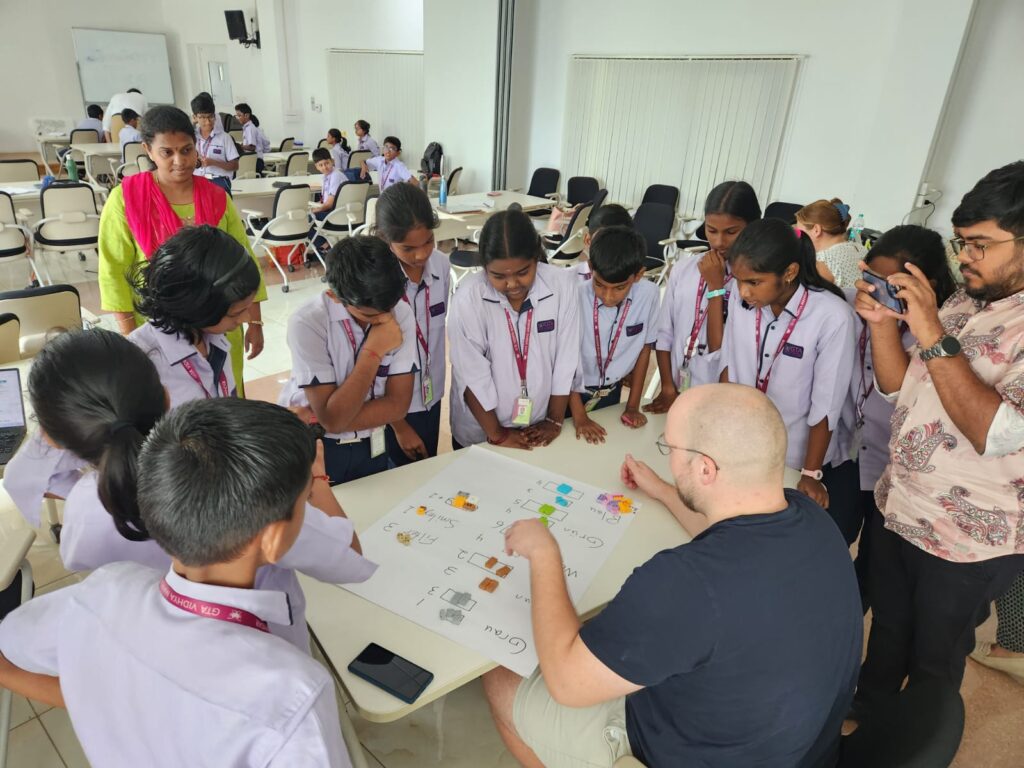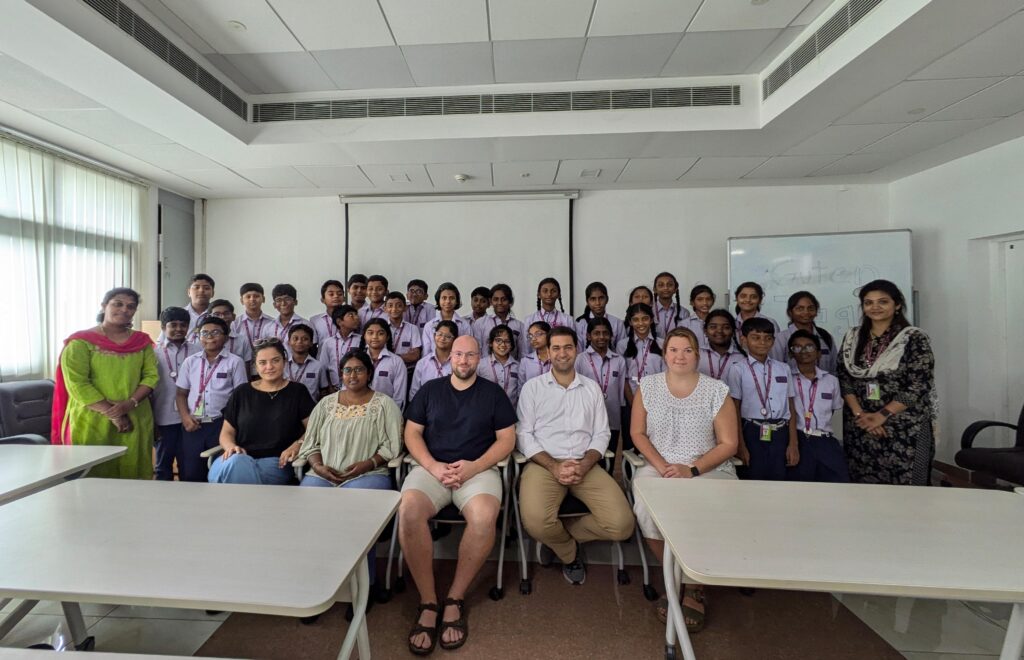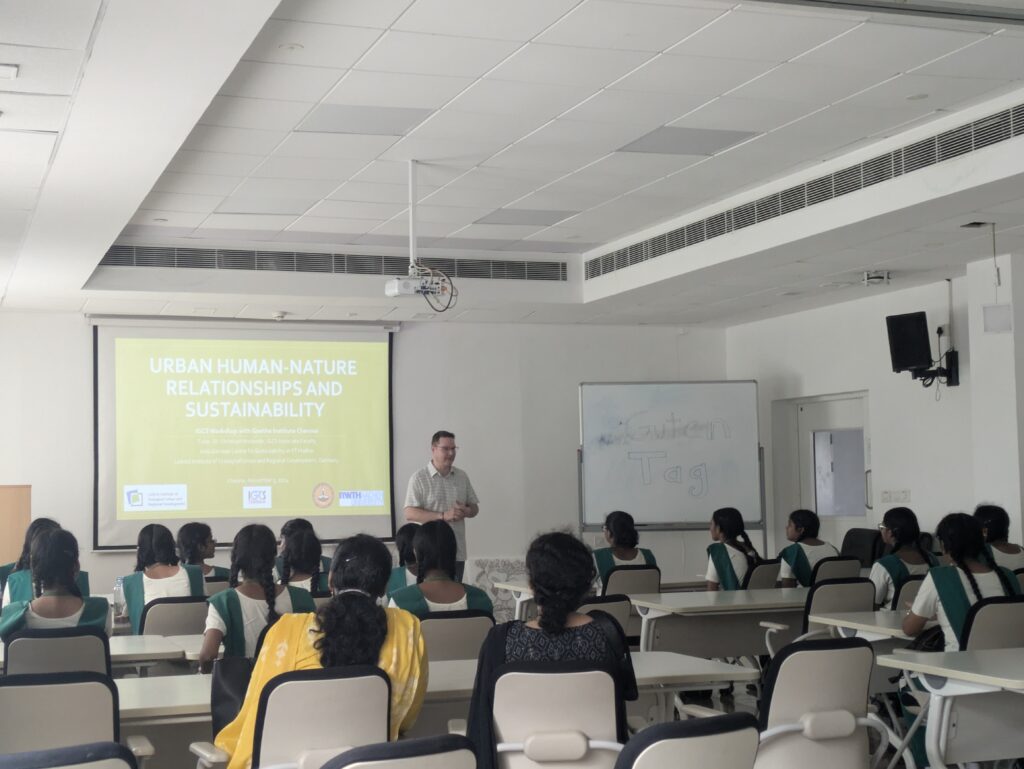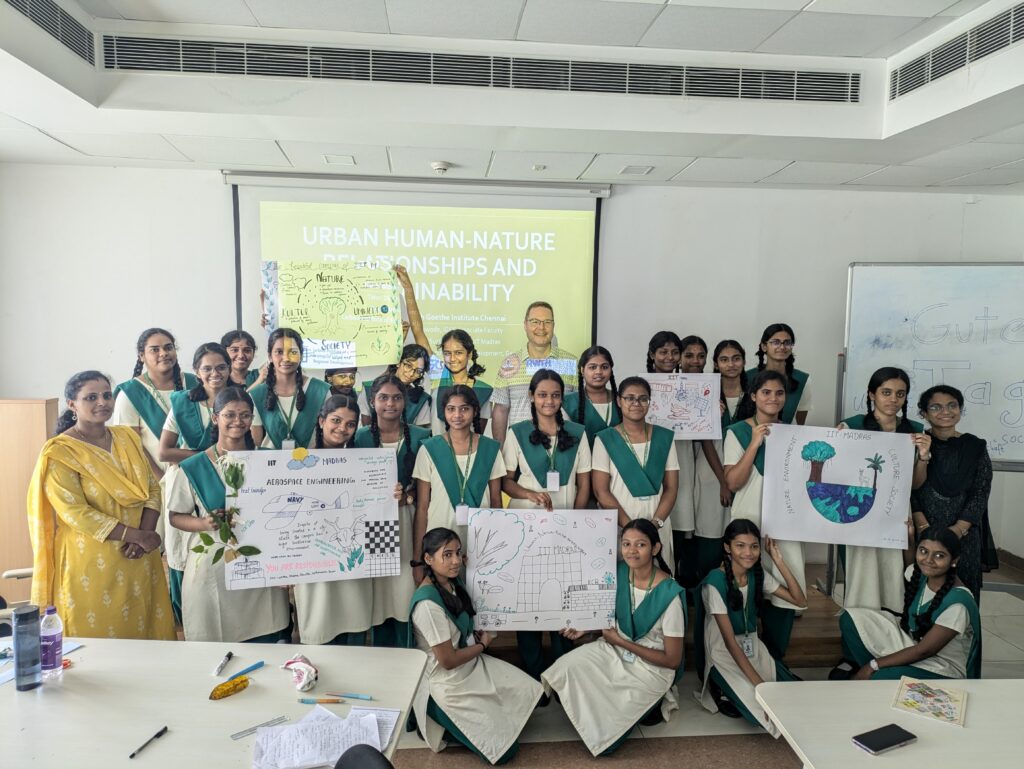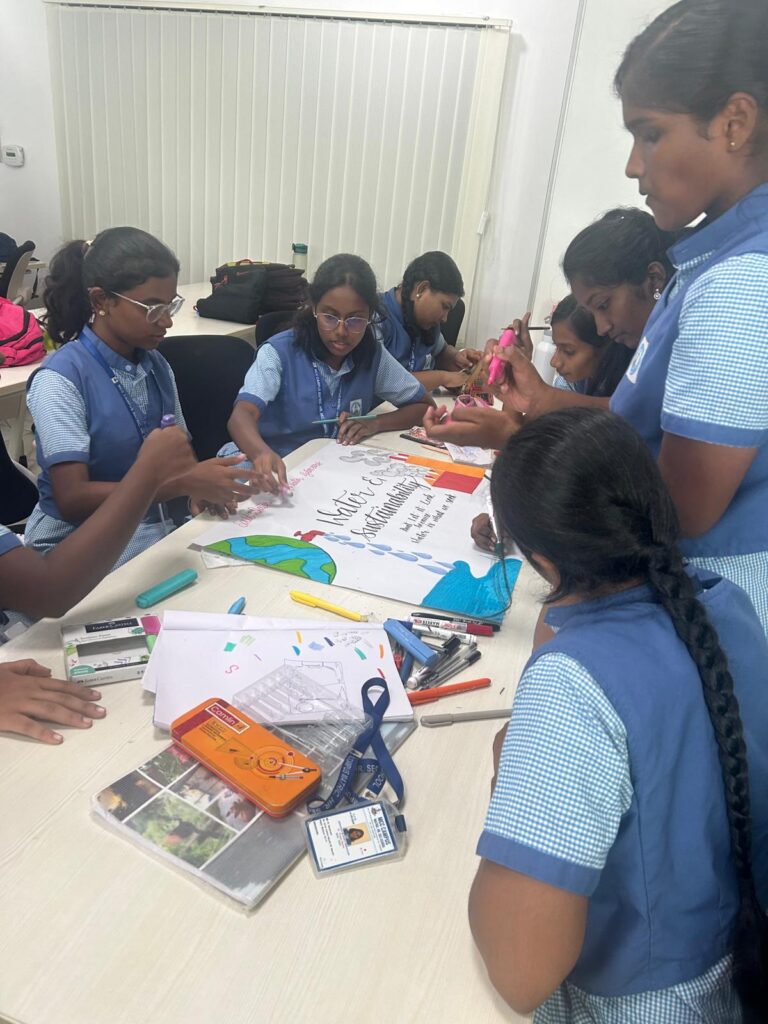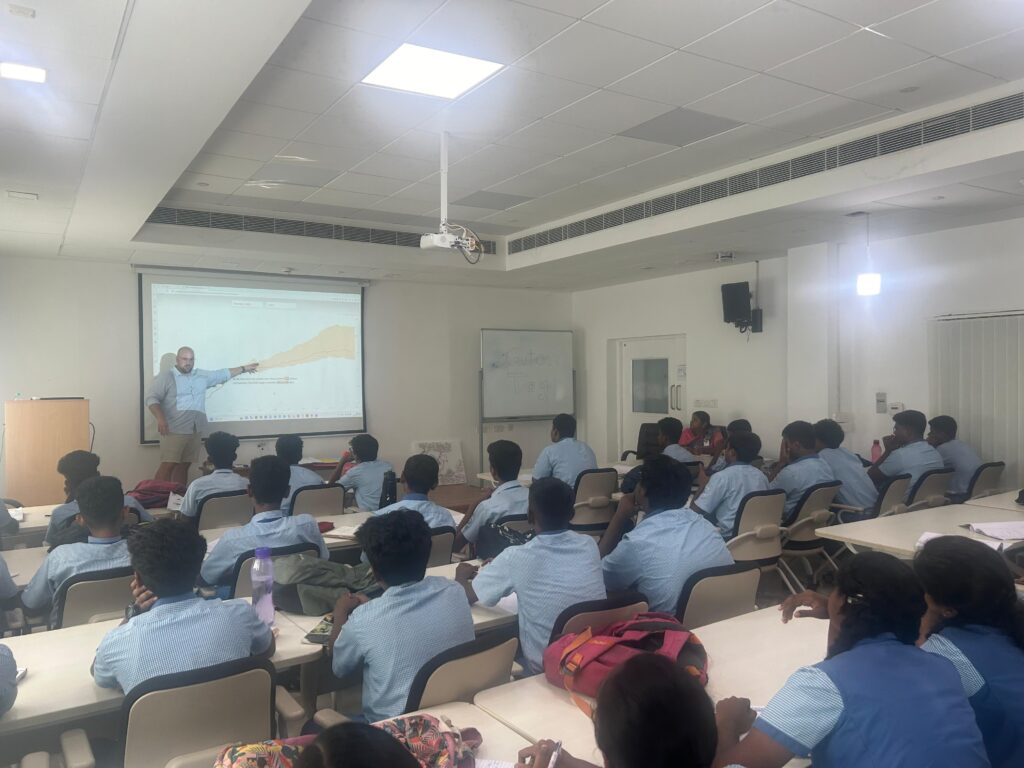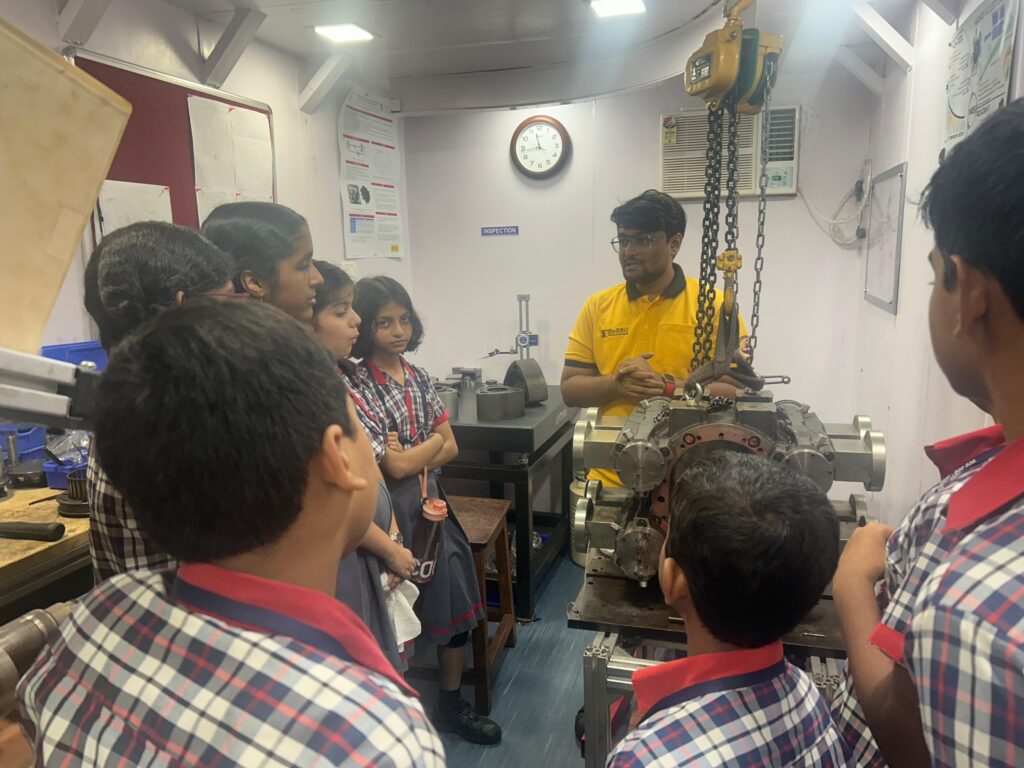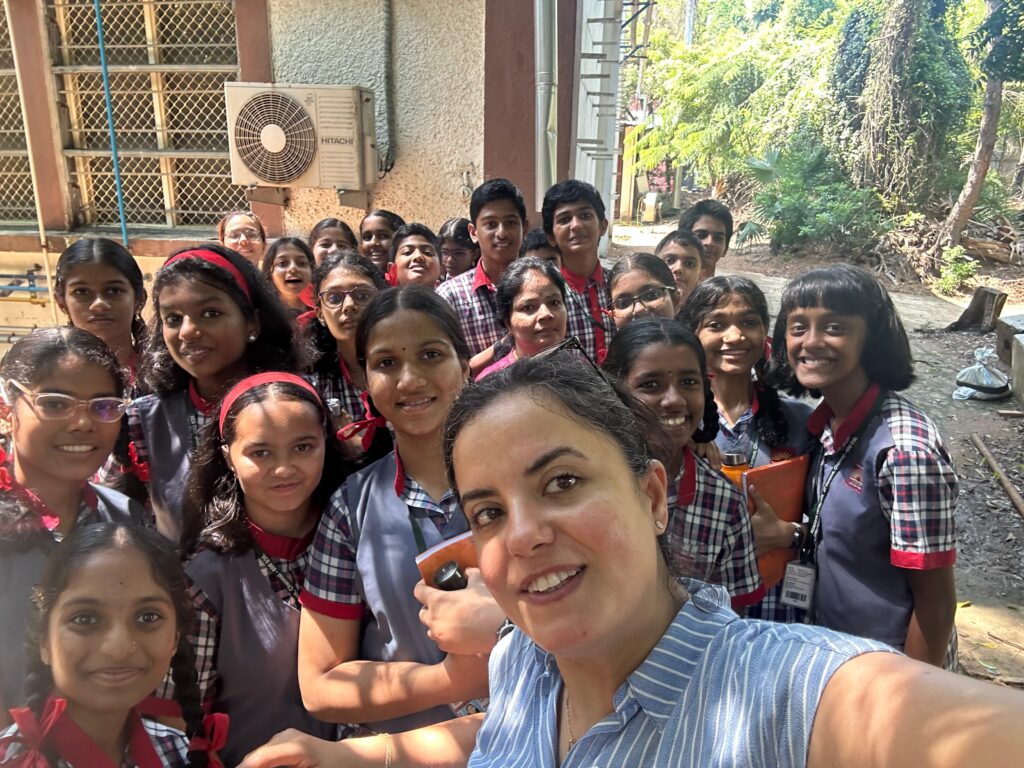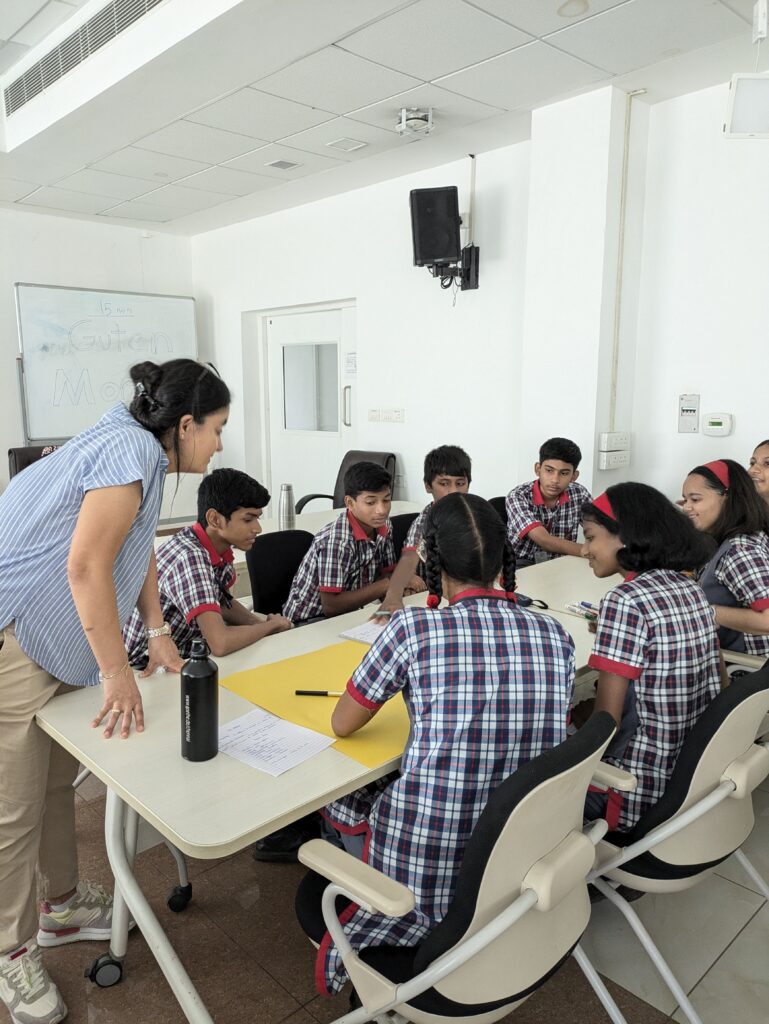IGCS serves as a platform for research and academic exchange for Masters students, Doctoral candidates, and Scientists. Since its inception in 2010, we have been facilitating exchange of more than 1000 scholars from German and Indian academic institutions who are dedicated in contributing towards climate science.
The Experience Report Series celebrates our alumni and their success under IGCS. Today we share the experience report of Namitha D’souza who had their exchange period between 28. January 2024 until 28. July 2024 at Walter Schottky Instiute, Technical University of Munich, #Germany under Prof. Ian Sharp. Their home institution is the Department of Physics, Indian Institute of Technology, Madras, #India and their home supervisor is Prof. Jatin K Rath.
Namitha believes this exchange was a unique chance to gain hands-on experience with cutting-edge ALD techniques, deepening her expertise in solar cell technology.
Beyond the lab, this experience broadened her horizons on multiple levels. Living independently in #Munich allowed her to fully embrace the local culture, from exploring the Bavarian Alps to enjoying Germany’s food and festival traditions. Namitha shares that the time abroad not only expanded her research capabilities but also shaped her personal and professional growth, equipping her with both technical skills and a global perspective on sustainability research.
You can read more here:


